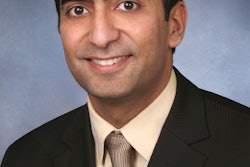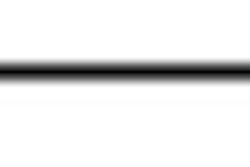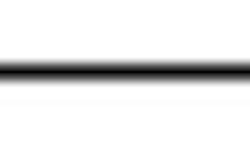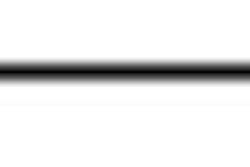
In 2005 Robert Rudzki led an effort that resulted in a book titled Straight to the Bottom Line®—An Executive's Roadmap to World Class Supply Management. This book argued persuasively that the actions taken by progressive supply organizations will work their way, as the title suggests, straight to the bottom line. About a year after the introduction of Straight to the Bottom Line®, Robert Trent introduced a book titled Strategic Supply Management—Creating the Next Source of Competitive Advantage. This book detailed what purchasing groups needed to do to become strategic supply management organizations.
These books provide a solid picture of what procurement and supply organizations should look like today. The problem comes whenever we use the word "today." The word becomes obsolete as another word called "tomorrow" replaces it. Soon, a whole bunch of tomorrows come and go, so much so that it eventually becomes time to define the next level of knowledge and understanding. And that is exactly what these authors do as they collaborated to create a new book titled Next Level Supply Management Excellence. Following is an excerpt from the preface to the book, which debuts at the beginning of July.
Defining the Next-Level
This book is about something termed the "next level." Every discipline has a body of knowledge that defines what we know or what defines excellence today. This knowledge changes, sometimes dramatically, as we discover new and better ways of doing things. Today's standard of excellence becomes tomorrow's average performance. If knowledge does not advance the inevitable result is stagnant growth and lower standards of living.
Next-level supply organizations have the capability to look at where they have been, understand the current state of knowledge, and project what they need to do to be successful over the next five years. It was not that long ago when supply base reduction and crafting longer-term supply agreements were new, exciting, and even a bit frightening to supply managers. Now, these practices barely elicit a yawn. But what comes after that?
Instead of a strict focus on material cost reductions, why not think about revenue enhancement and better management of capital projects? Instead of thinking about direct materials, why not think about how to manage every good and service that an organization requires? As supply organizations take a broader view of their domain, entirely new areas of opportunity and growth begin to take shape. This broad-based thinking begins to define areas that require next-level thinking.
It is not enough to present next-level activities and approaches and assume they magically happen. Equally important is a need to provide a framework for getting from "here" to "there," or what we refer to as the transformation process. Next-level supply leaders must also understand and speak the language of finance. That language, perhaps more than any other captures the attention of corporate leaders, shareholders and Wall Street analysts.
The journey that results from a transformation to the next level of supply management excellence will bring higher-level visibility, accountability, risk and, hopefully, reward. But no matter how far we travel, or how much we change, there will always be another destination beyond the one we just arrived at. As Zig Ziglar once said, "Go as far as you can see and when you get there, you will always be able to see farther." It is time to see and go farther, always keeping in mind that change is inevitable.
Next Level Supply Management Excellence will be available around July 1, 2011.
LINK TO BOOK












